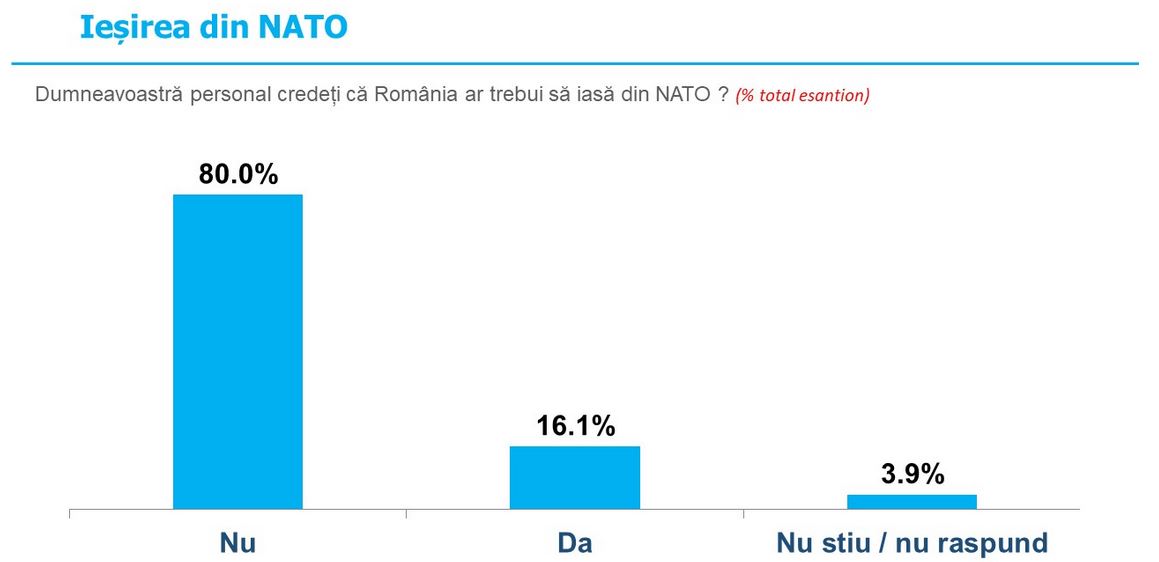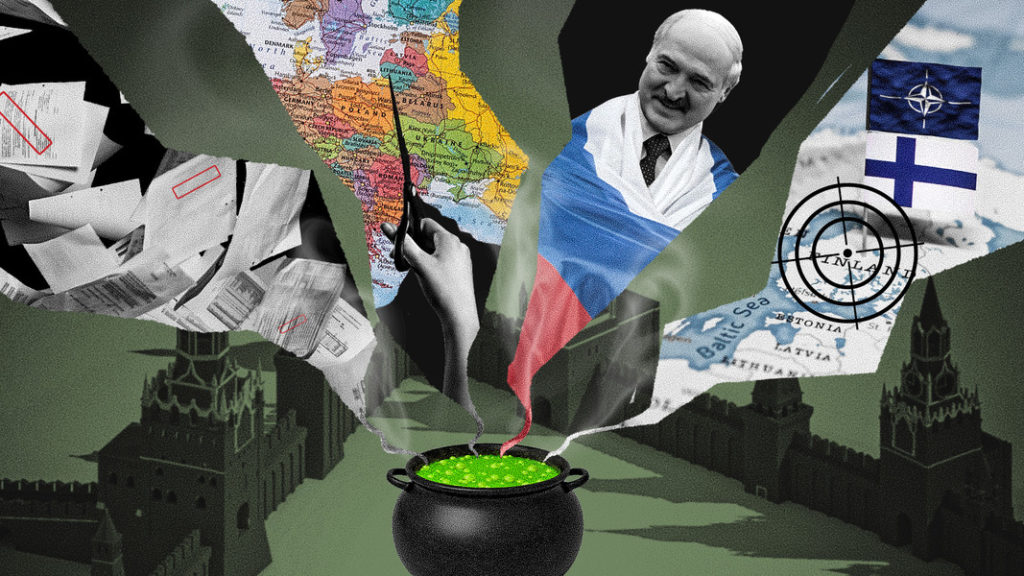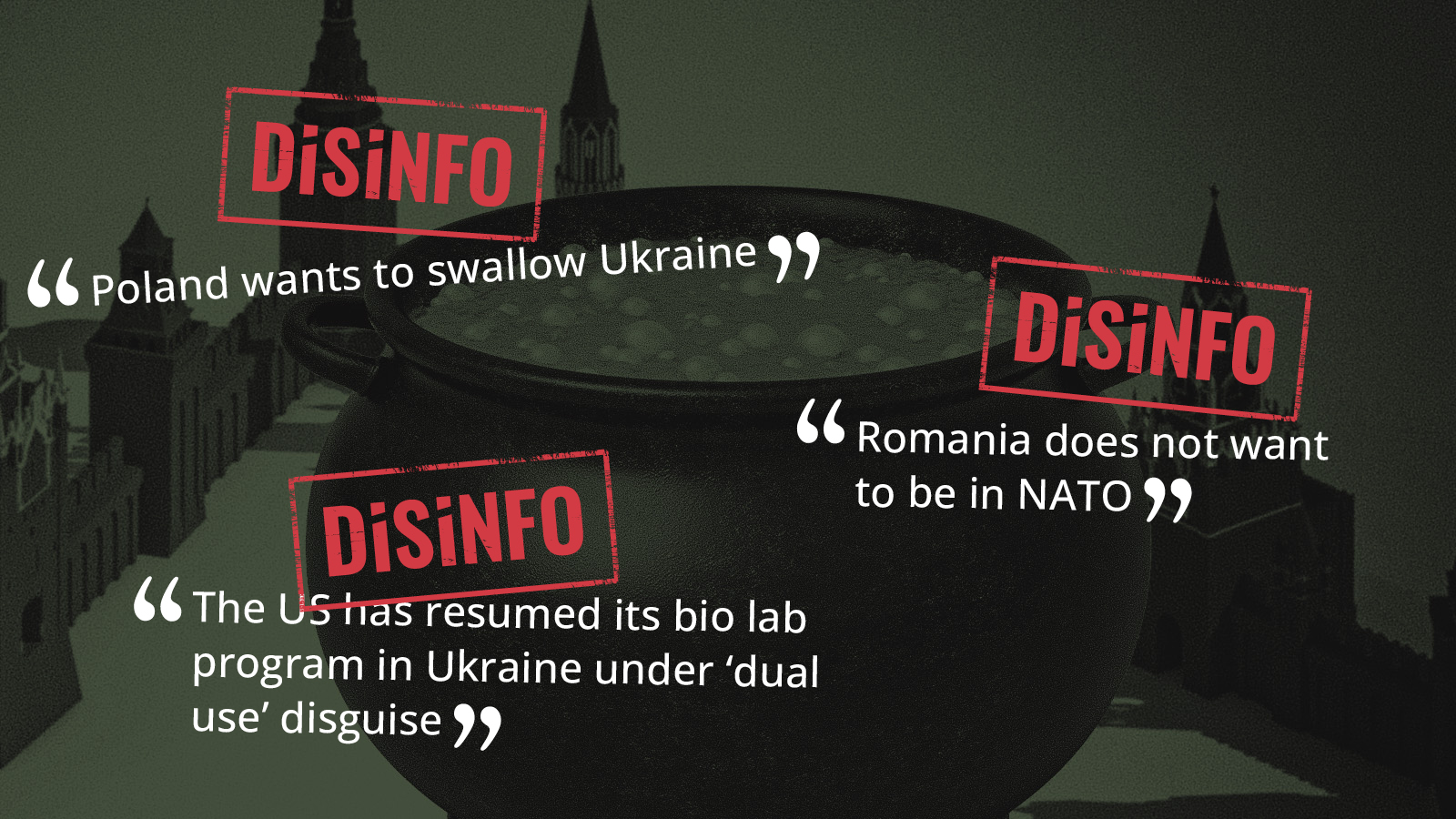As different Christian faiths celebrate Easter, the Russian so-called spring offensive in Ukraine has slogged on without making significant territorial gains. In Russia, ‘meat grinder’ is now a standard phrase to describe the bitter fighting. Unlike last Christmas, this time there are no false calls to postpone the fighting like Putin’s sudden proposal for a truce in Ukraine around the Orthodox Christmas. Kremlin press secretary Peskov recognised that the idea of an Easter ceasefire ‘has not been proposed by anyone’, — reports EUvsDISINFO.
The siege mentality analysed last week is well captured by main headlines from Russian state TV channels in recent days capture the trend:
– Kyiv is preparing provocations
– Is Ukraine preparing for a counter-offensive?
– The classified documents – a real leak or disinformation?
– Leaked Pentagon classified documents may force Ukraine to change its plans
– The Russian-Western confrontation continues
A Ukrainian offensive and leaked documents?
News of leaked US classified documents attracted the attention of the Russian public, with many questions. Are the documents authentic or fabricated? Can the information be trusted? Is it a hoax? A sinister plan by the Pentagon to mislead Russian forces, as claimed by Kremlin affiliate Sergey Markov on his Telegram channel? Or do the documents truly reveal planned Ukrainian operations?
Many commented, but one shared feeling seemed to emerge to viewers: something is brewing even if the time, place, and direction of enemy action is not certain. This feeling was reinforced when the Kremlin press secretary noted US Secretary Blinken’s words about a Ukrainian counteroffensive.
Some of the main Russian political talk shows have promoted the view that disinformation has become so widespread that there is as much disinformation as credible information. Have they become a victim of own tools? In any case, the Kremlin ecosystem will likely use the leak story to push further its own fabrications, including manipulated casualty figures or stories promoted on their own string operation called WarOnFakes.
Counting the beans: how best to divide the West?
Kremlin’s attention has also been devoted to the visit to China by French President Macron and European Commission President Ursula von der Leyen. Russian commentators picked up on Macron’s remarks to the press regarding European strategic autonomy, speculating if his words will widen the distance between Europeans and the US.
Pro-Kremlin commentators made little, if any, mention of international reporting describing Macron and Von der Leyen encouraging China to persuade Russia to end its war in Ukraine or to begin negotiations. Instead, Russian state outlets focussed on President Xi’s words about not being pressed into anything. In Moscow, a main narrative suggests: von der Leyen did not turn China against Moscow. The West is confronting Russia, and Russia is just defending itself. What a relief!
There is also little mention or discussion in Russia of the Chinese position paper on the Ukraine crisis. After the first few days of amplification and verbal support for the paper by pro-Kremlin outlets – see our account here – the paper has faded from attention. Perhaps unsurprisingly, as it was not a peace plan and there has been no sign of China getting more deeply involved in ending the war.
Belarus: smoke and mirrors as Lukashenka demands that Russia defend Belarus if attacked by Poland and Lithuania
On 10 April, Russian Defence Minister Shoigu met Belarusian ruler Lukashenka in Minsk to discuss security cooperation. According to official Belarusian media reporting, they praised the training conducted in Belarus of Russian soldiers. Lukashenka used the opportunity to thank Russia for the security contingent and to fan imaginary fears of external aggression, a staple of Belarusian state propaganda since the popular protests in 2020. He said, ‘We must keep our guard up. You can see that Poland, Lithuania are beginning to take action in our direction’.
While Lukashenka is losing more Belarus sovereignty, pretending to be under threat from Poland and Lithuania is likely a smokescreen to avoid committing Belarusian soldiers to the fight against Ukraine. Many people from Belarus and Ukraine share close links, including family relations, and the majority is against direct involvement in the fighting, according to this independent poll from March. Independent Belarus observers have assessed that many Belarus soldiers could even resort to mutiny or desertion if ordered to join Russia’s invasion of Ukraine.
Lukashenka is doing everything possible inside Belarus to create an atmosphere of fear. Repression has accelerated even more from an already high level. Will extra Russian soldiers and the prospect of having Russian nuclear weapons stationed in the country add to the tense atmosphere, allowing Lukashenka’s apparatus to purge society even further?
Finland’s membership of NATO: an obvious target
Sometimes disinformation is almost too predictable. But of course Finland’s membership of NATO would become a topic for either scaremongering, ridicule, or denunciation from Moscow. For the time being, the focus is on scaremongering to build the case for more public support for Russia’s armed forces and their posture in the Karelian area facing Finland.
Pro-Kremlin outlets continued to claim that Finland as a NATO member is ‘trying to start a world war’ or that it will ‘turn into an anti-Russian springboard’. This ‘springboard’ image builds on the analogy Putin and Russian politicians used to legitimise the illegal annexation of Crimea, claiming: ‘Crimea would host a NATO naval base and become a springboard towards Russia’.
Another claim: ‘Finland’s NATO membership aims to corner Russia’ begs to revisit basic geography. Is Russia, with a more than 22,000-kilometre land border and Pacific and Arctic coastline, really cornered or encircled?
Also on EUvsDisinfo’s radar this week:
This week we highlight three typical examples from the Kremlin textbook of manipulation and disinformation.
Textbook example 1: remove focus and construct a long story. Poland wants to swallow Ukraine. As we have documented before, Poland is among the key scapegoats in the Kremlin universe. Poland features in more than 1,236 examples of pro-Kremlin disinformation in our database. Soon, we will bring you a longer article examining the many claims against Poland. Alleging that Poland has imperialist ambitions is the preferred weapon to attack Warsaw and deflect attention away from Moscow’s own ambition to annihilate Ukraine, its culture, and its position in the world. If in doubt, just consult the frequent statements by former President and now Deputy Chair of the Russian National Security Council Dmitry Medvedev, who again last week spoke of Ukraine as ceasing to exist ‘since no one needs it’. Since 24 February 2022, he has constantly advocated the annihilation of Ukraine, its destruction, razing it to the ground, eliminating the neo-Nazis, etc., etc.
Textbook example 2: repeat and bait with emotions. The US has resumed its bio lab programme in Ukraine under a ‘dual use’ disguise. This narrative is like a volume dial turned up or down but never off, there is always some noise in the background. This example highlights a frequent manipulation tactic: repeat while adding some small nuances. Repetition works in itself. A narrative that proliferates on many platforms adds to the impression, ‘If multiple sources speak about it, there must something’. Adding small nuances, even if pure fantasies, suggests that ‘investigative journalism is discovering new truths’. It feeds human curiosity and the words ‘bio lab’ / ‘biological weapons’ are, just like ‘nuclear weapons’, sure clickbait. However, the facts are simple. There are no US laboratories producing biological weapons in Ukraine. Countless experts, including from UN bodies, have studied the question, and there are none.
Textbook example 3: invent and exaggerate. Romania does not want to be in NATO. This example is highlighted since it illustrates a basic trick: simply spew out a short lie, usually something with numbers or statistics. It does not matter if easily available data immediately proves it wrong. Some will have noted it down, others will have clicked on ‘share’, and others will have inserted it into their own reporting or writing. People like numbers and few make the effort to research them. But it’s not difficult. We did it for you. A public survey from just last week showed that 80% of Romanians don’t want their country to exit NATO. Romania joined NATO in March 2004. The figures should speak for themselves – but in the world of manipulators up is down, black is white and bad is good.



